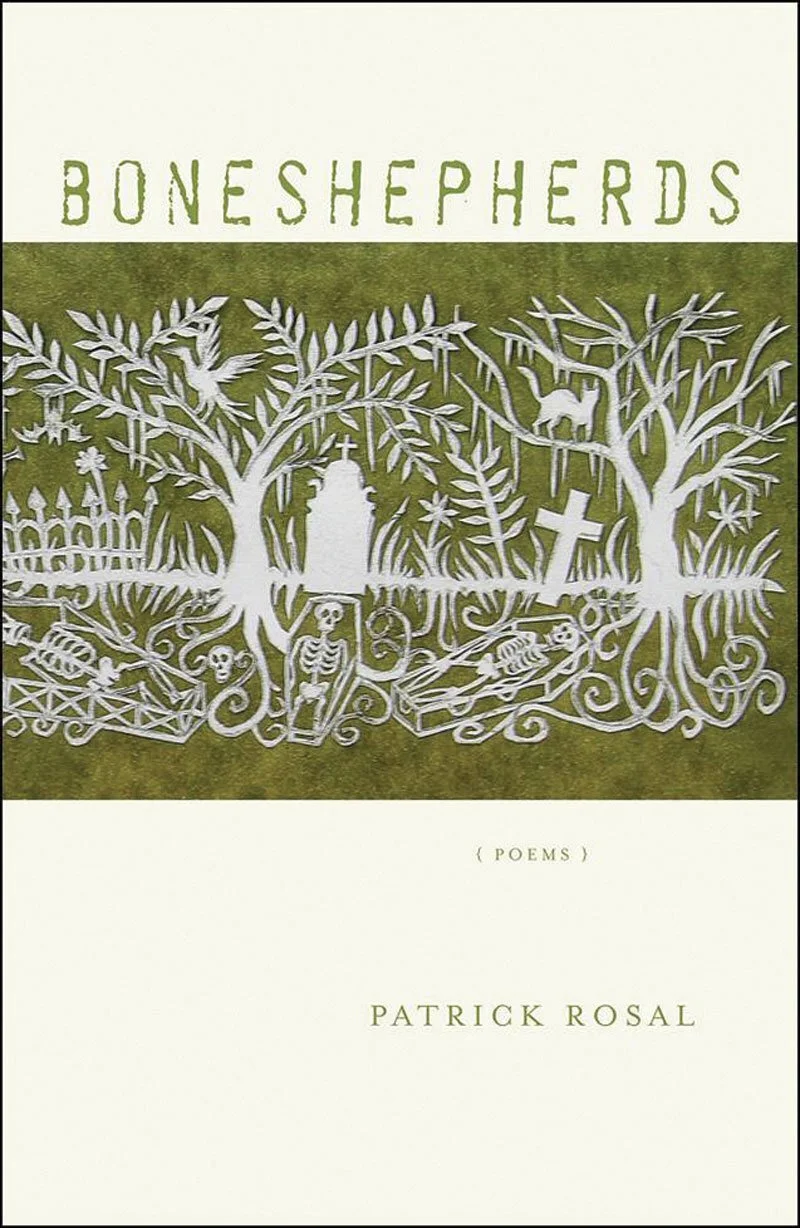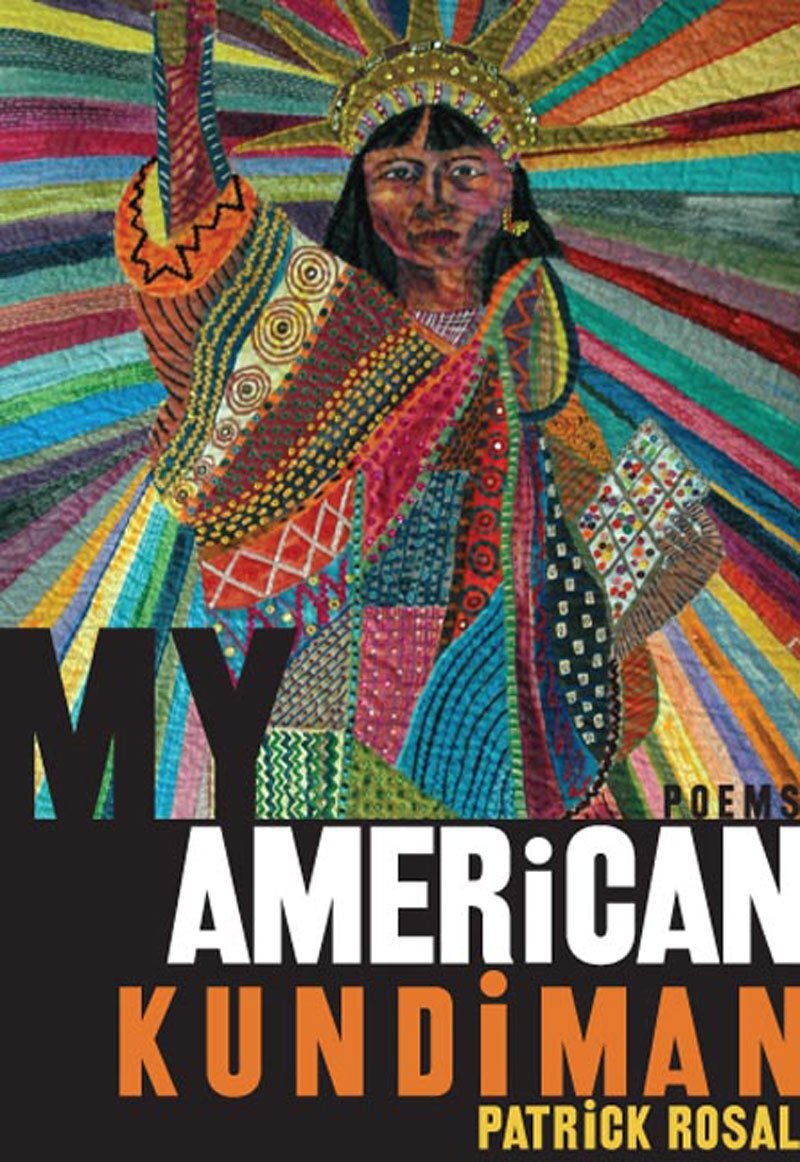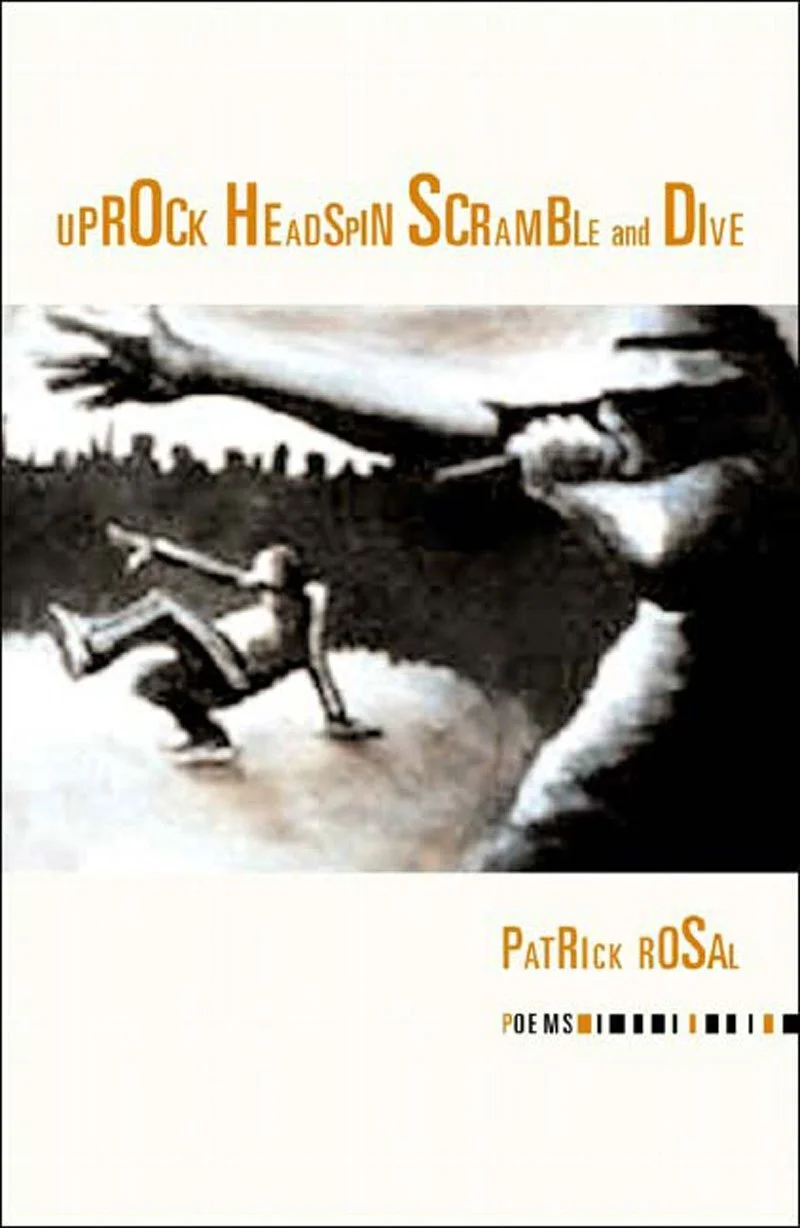ORDER
Boneshepherds
SMALL PRESS HIGHLIGHT, NATIONAL BOOK CRITICS CIRCLE
NOTABLE BOOK, ACADEMY OF AMERICAN POETS
In Boneshepherds, Patrick Rosal continues his confident dance through a world in which violence and beauty entwine—in which the music of Chopin gives way to a knifing, and the funk of decay and amorality cannot stifle the urge for human connection. As ever, Rosal's "sexy work finds the present haunted by the recent past, the personal [by] the political" (Publisher's Weekly). Boneshepherds shows him at his very best: vibrant, generous, and brave.
Praise for Boneshepherds:
"[In Boneshepherds,] Rosal has infused his poetry with the joy of language."—Bracha Goykadosh, Booklist
“I should warn you, every guitar has its ghosts,/ and they’ll ask you whom you love and how much,” Rosal writes, using a phrase that’s just as fitting of a statement about his powerful poetry. Indeed, this third collection benefits from the linguistic energy and sharp imagery that has made Rosal such a popular reader, but it also delivers the maturity and sensitivity of a poet who has shaped a more sophisticated view of the world and his place within it: “Lucy,// this morning I woke imagining/that minor fraud of a man// who is your father, in exile,// and shamelessly loved.” —National Book Critics Circle, Small Press Highlights 2011
Patrick Rosal's third collection of poems, themes of violence and beauty often coincide within the narrative. Rosal ends one poem in the collection, "Little Men with Fast Hands," with the simple statement "the history's deep." That history includes reflection on family, gender, nationality, and an examination of the poet's own lineage through odes, parables, and elegies, among other modes.
Though the poems of Boneshepherds are located in a world where violence and hardship persist, they are also the vehicles for displays of human connection and outreach. —Academy of American Poets
What strikes me about this collection is how skillfully the poems navigate between despair and love, between violence and music, between loss and transcendence. Such an undertaking requires skill — to reign in the terrible and the joyful. Boneshepherds then, performs a tango of the greatest magnitude. The book is a dance of conflicts — where the dancer who leads and the dancer who follows embrace closely and move in graceful syncopation. Where the sum of the two create such a beautiful movement. —Oliver de la Paz, The Lit Pub





